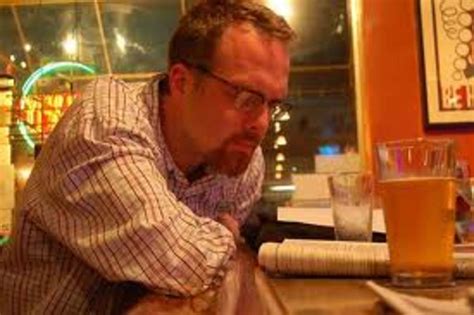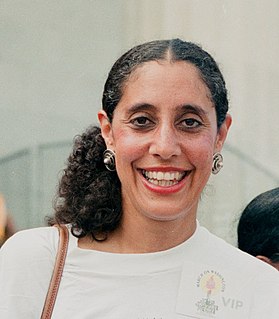A Quote by David Christian
Every kid goes to school full of questions about meaning. You know, 'What's my place in the universe? What does it mean to be a human being? What are human beings?' Existing courses cannot help you answer those questions. They can't even help you ask them.
Related Quotes
Indeed, the only truly serious questions are ones that even a child can formulate. Only the most naive of questions are truly serious. They are the questions with no answers. A question with no answer is a barrier that cannot be breached. In other words, it is questions with no answers that set the limit of human possibilities, describe the boundaries of human existence.
The third component of the Law of Dharma is service to humanity--to serve your fellow human beings and to ask yourself the questions,"How can I help? How can I help all those that I come into contact with?" When you combine the ability to express your unique talent with service to humanity, then you make full use of the Law of Dharma.
I think that every educator, indeed every human being, is concerned with what is true and what is not; what experiences to cherish and which ones to avoid; and how best to relate to other human beings. We differ in how conscious we are of these questions; how reflective we are about our own stances; whether we are aware of how these human virtues are threatened by critiques (philosophical, cultural) and by technologies (chiefly the digital media). A good educator should help us all to navigate our way in this tangled web of virtues.
I gravitate toward the larger worldview questions such as, Why are we here? What are we supposed to be doing? What does it mean to know another person? To love someone? Of course, those questions are sort of in the background as I'm playing with language in the foreground, but those are the informing questions.
Anthroposophy is a path of knowledge, to guide the spiritual in the human being to the spiritual in the universe... Anthroposophists are those who experience, as an essential need of life, certain questions on the nature of the human being and the universe, just as one experiences hunger and thirst.
Science, at its core, is simply a method of practical logic that tests hypotheses against experience. Scientism, by contrast, is the worldview and value system that insists that the questions the scientific method can answer are the most important questions human beings can ask, and that the picture of the world yielded by science is a better approximation to reality than any other.








































